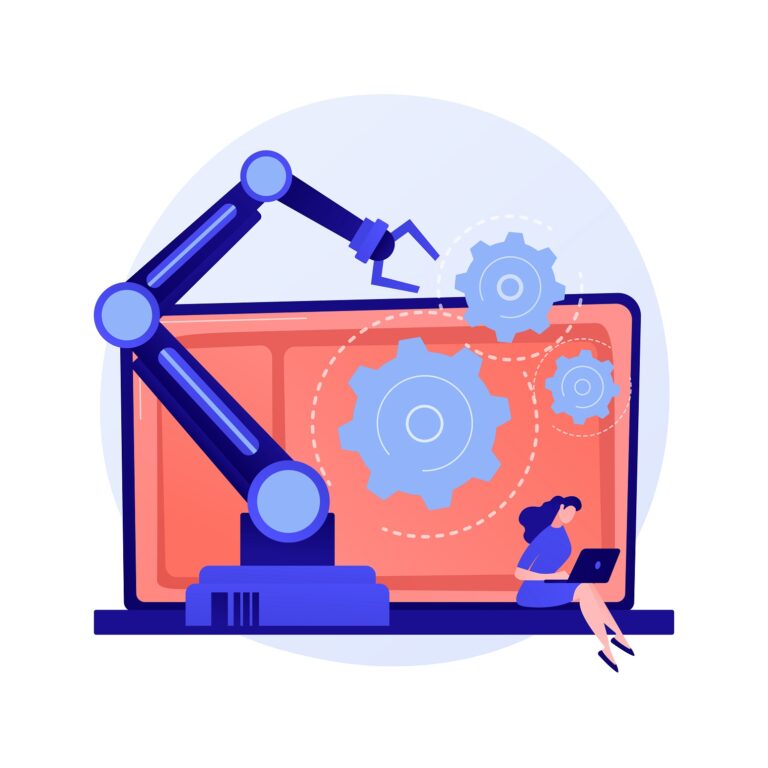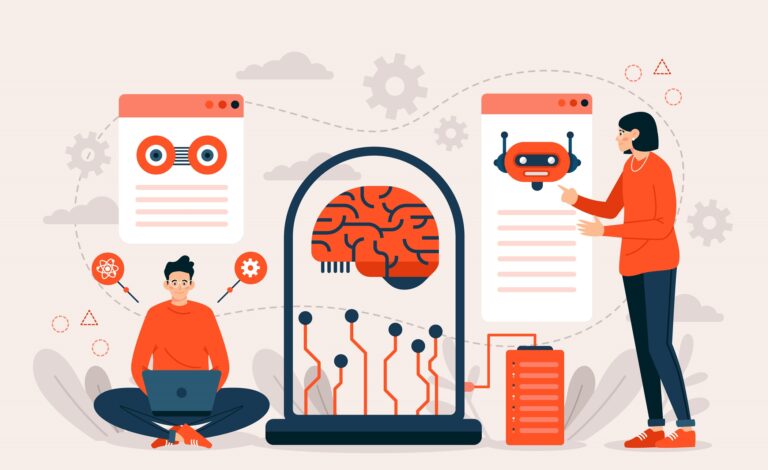The Transformation of E-Commerce through AI-Powered Software
Artificial intelligence has evolved to become a transformative force across various sectors, and the e-commerce industry is no exception. This technology is altering the traditional face of e-commerce in multiple ways, shaping new shopping experiences, customer service protocols, inventory management, and more. This article explores how AI-powered software is revolutionizing the e-commerce landscape.
Understanding the Role of AI in E-Commerce
AI technology, in essence, enables machines to learn from experience, adapt to new inputs, and perform human-like tasks. In the e-commerce context, AI harnesses large volumes of data, processing it in real-time to help businesses make efficient decisions, improve customer experiences, and streamline operational processes.
Personalized Shopping Experience
One of the most significant changes AI has brought about is the personalized shopping experience. Traditional physical shopping typically lacks the capacity to offer personalized suggestions to every customer, but AI has made this feasible in the online space.
Product Recommendations
AI algorithms analyze customers’ browsing history, previous purchases, clicked products, and abandoned carts to recommend products they are likely to buy. This kind of AI-powered personalization significantly improves the shopping experience, leading to higher customer satisfaction and loyalty. Amazon’s recommendation engine is a prime example of this, suggesting items based on what a user has viewed or purchased in the past.
Tailored Marketing
AI also enables businesses to tailor their marketing campaigns according to customer preferences and behavior. With AI, companies can analyze user data to understand their customers’ needs better, enabling them to deliver customized ads. This results in more effective marketing, lower customer acquisition costs, and increased revenue.
Revolutionizing Customer Service with AI
AI’s impact on customer service is another game-changing aspect in e-commerce. Gone are the days when customers would have to wait for a representative to answer their queries. AI-powered chatbots and virtual assistants are now transforming the way customer service is delivered.
AI Chatbots
Chatbots are revolutionizing customer service by offering instant responses to customer inquiries, providing product suggestions, and even handling complaints. They are capable of serving multiple customers simultaneously, thereby reducing wait times and enhancing customer satisfaction.
Virtual Shopping Assistants
Beyond chatbots, virtual shopping assistants are also becoming increasingly prevalent. These AI-powered assistants guide customers through their shopping journey, helping them find the right products based on their preferences. They can answer complex questions about products and offer recommendations, essentially mirroring the role of a salesperson in a physical store.
Inventory Management and Logistics
AI’s role isn’t limited to front-end interactions; it’s also making significant strides in streamlining inventory management and logistics.
Predictive Analysis for Inventory Management
AI algorithms analyze past sales data, predict future trends, and provide businesses with detailed reports about which products are likely to sell more. This leads to optimized inventory management, reducing storage costs, and minimizing the risk of surplus or shortage.
Efficient Logistics
AI can also optimize delivery routes by considering various factors like traffic conditions, shipment sizes, and delivery locations. This efficiency translates into faster deliveries, lower fuel consumption, and improved customer satisfaction.
Enhancing Security in E-Commerce
With the rapid growth of online transactions, the importance of robust security measures cannot be overstated. AI plays a critical role here too.
Fraud Detection
AI systems are capable of identifying unusual activities or patterns, flagging potential fraud. They monitor thousands of transactions in real-time, quickly spotting any anomalies and preventing fraudulent transactions. This contributes to building customer trust in e-commerce platforms.
Secure User Authentication
AI also aids in secure user authentication. Techniques like biometric authentication, which uses AI to recognize unique physical characteristics like fingerprints or facial features, are becoming increasingly popular in securing online transactions.
The Future of E-Commerce and AI
AI’s impact on the e-commerce industry is far-reaching and ever-evolving. With advancements in machine learning and data processing capabilities, we can expect AI to drive more changes in the coming years. Future trends could include the proliferation of voice shopping, AI-generated content, and more advanced virtual shopping experiences.
Conclusion
AI-powered software is undeniably reshaping the e-commerce landscape. It is enhancing the customer experience, improving operational efficiency, and strengthening security measures. As technology continues to evolve, businesses that harness the potential of AI are likely to stay ahead in the increasingly competitive e-commerce industry.







